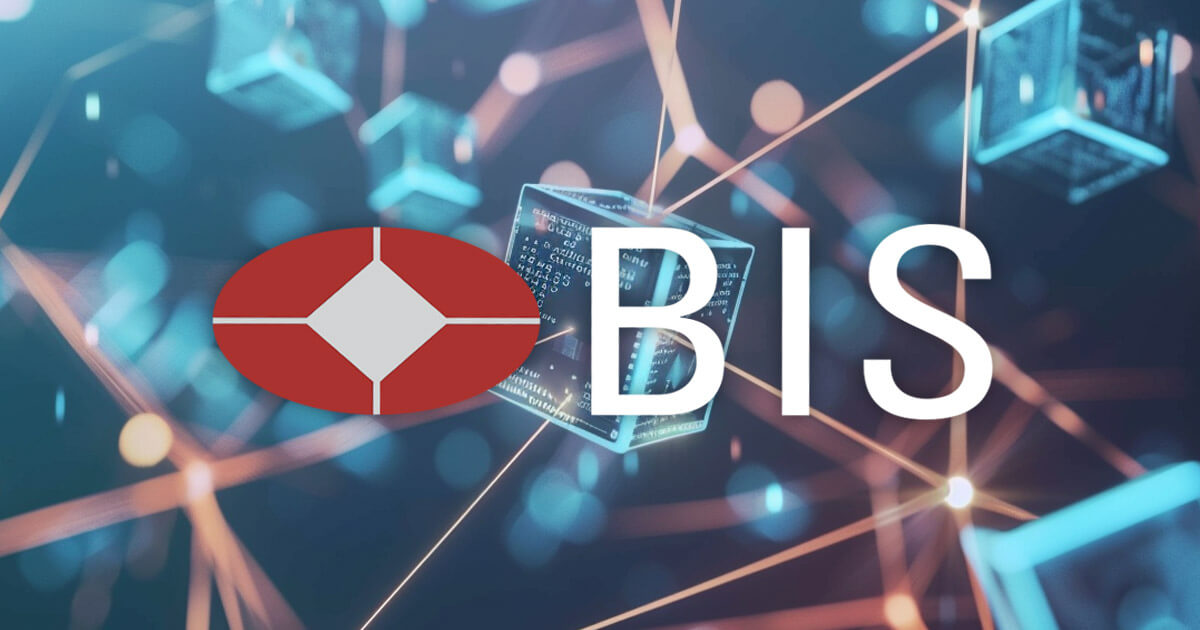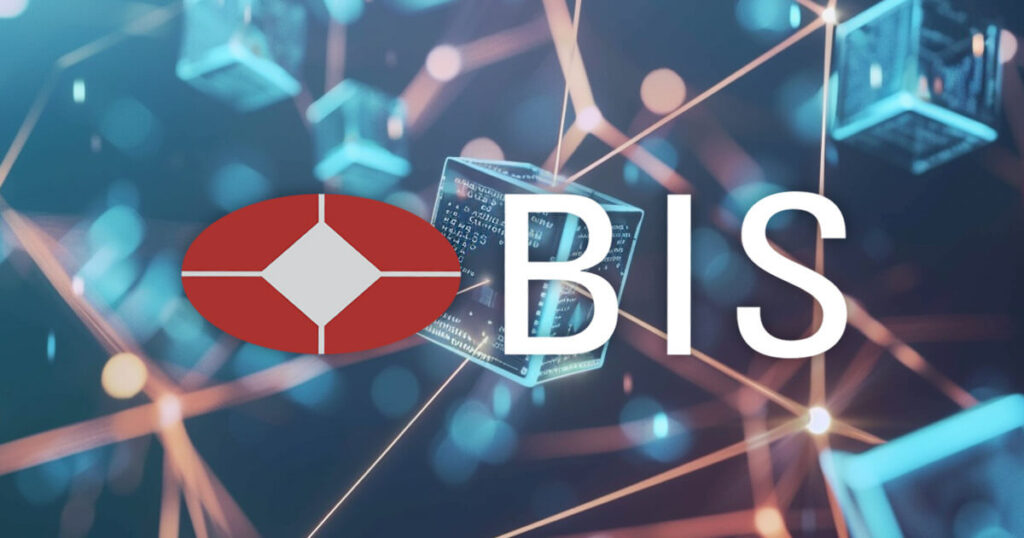
According to an October 28 statement, the Bank for International Settlements (BIS) has worked with several central banks to highlight regulatory compliance in cross-border transactions through Project Mandala.
This initiative involves the BIS Innovation Hub Singapore Center and the central banks of Australia, Korea, Malaysia and Singapore. The project aims to address the regulatory challenges associated with cross-border transactions in different jurisdictions.
Project Mandala
Cross-border transactions often struggle with compliance due to differing regulatory frameworks. This discrepancy can lead to higher costs and delays. Project Mandala attempts to solve these problems while maintaining legal standards.
Project Mandala aims to improve the speed and efficiency of cross-border transactions by automating compliance processes. It will also improve transparency regarding country-specific policies and provide regulators with real-time reporting.
Maha El Dimachki, head of the BIS Innovation Hub Singapore Centre, noted that the project takes a compliance-by-design approach. This method is intended to protect both privacy and the integrity of regulatory controls.
The BIS page shows that the project has reached the proof-of-concept stage and aligns with the G20’s priorities for improving cross-border payments. The potential to save costs and speed up transactions while ensuring compliance makes it an important step forward.
How Mandala Works
Project Mandala uses a decentralized system to facilitate cross-border payments, entrenching compliance within central banks and financial institutions. This infrastructure includes a peer-to-peer messaging system, a rules engine, and a proof engine.
These components ensure that all necessary compliance checks are completed before payments are initiated. Once these checks are completed, the Mandala system generates proof of compliance that accompanies all digital settlement assets or payment instructions across borders.
Meanwhile, Mandala can also be effectively integrated with emerging digital asset settlement systems, including central bank digital currencies (CBDCs) and established payment messaging systems such as SWIFT.
This dual integration increases Mandala’s versatility and adaptability, allowing it to support both future digital asset ecosystems and today’s financial infrastructure. In addition, Mandala has implemented programmable compliance for digital assets that can be seamlessly embedded into smart contracts.

